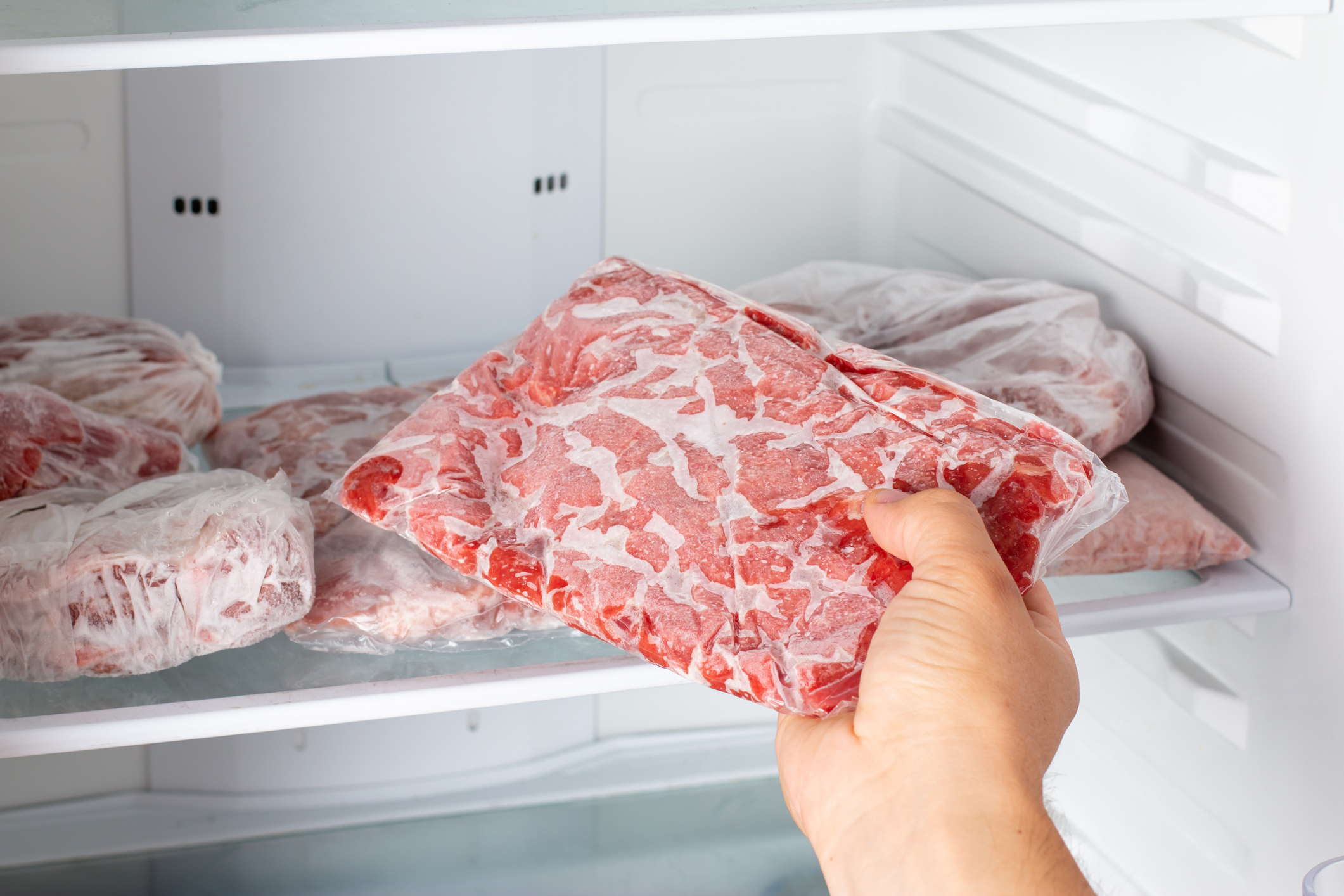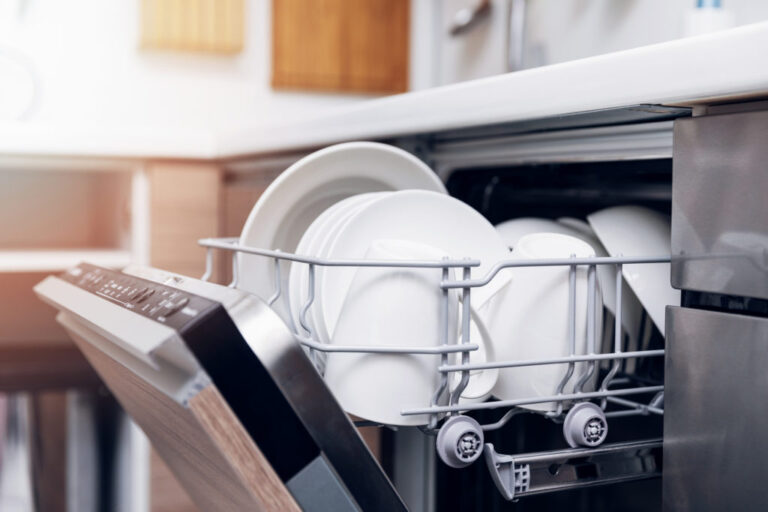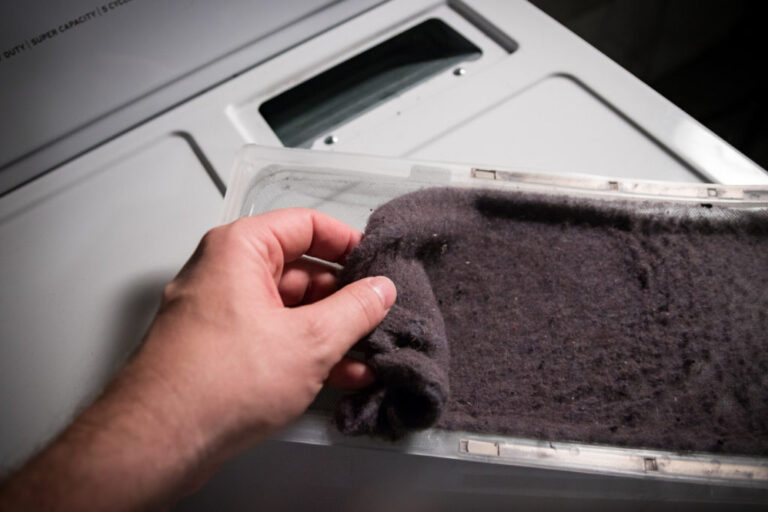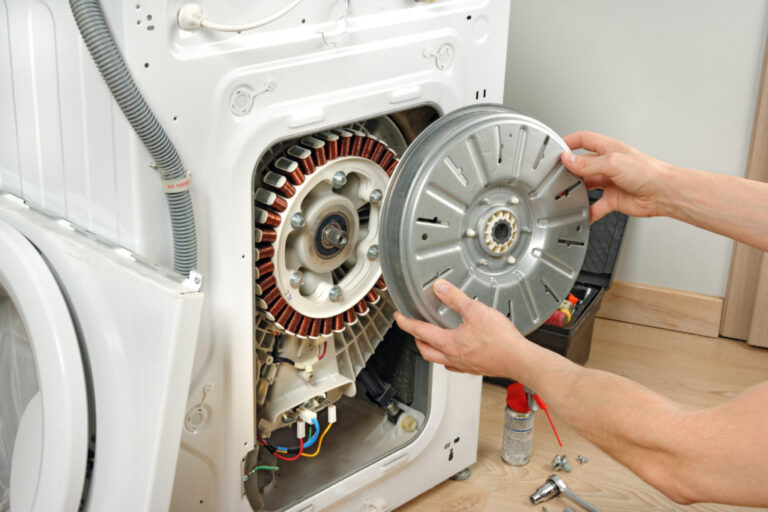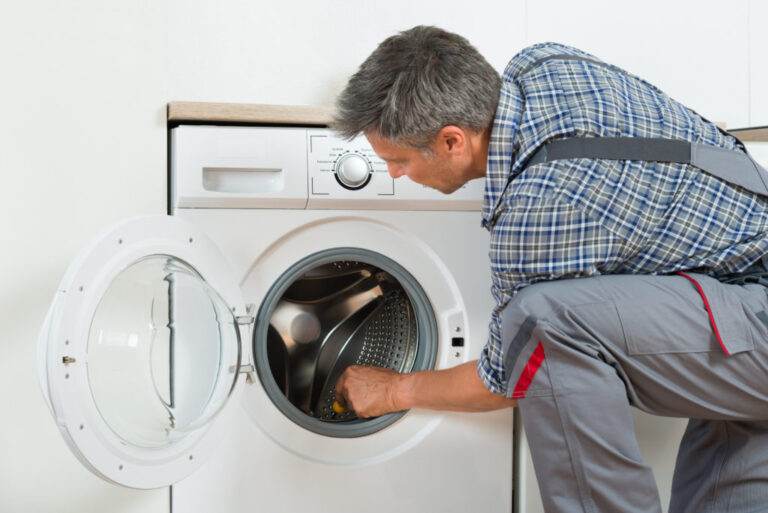How Long Does A Freezer Last?
Is your freezer on its last legs?
With the right care and maintenance, you can extend your freezer’s lifespan and avoid premature replacement. In this blog, we’ll walk through the key factors that impact freezer longevity, warning signs that a new model may be needed, and pro tips to keep your freezer running optimally.
The average lifespan of different types of freezers
The lifespan of your freezer depends on several key factors:
- Freezer type – Upright freezers tend to last 10-20 years, while larger chest freezers can keep going for 15-25 years. Commercial models see the most wear and tear, lasting 10-15 years.
- Build quality – Higher-end models made with durable components will outlast cheaper versions.
- Maintenance – Regular cleaning of condenser coils, defrosting, and replacing worn door seals can extend your freezer’s lifespan.
- Usage – Frequent opening/closing, overstuffing, and improper temperature settings cause more strain and decrease longevity.
- Age – Even with great care, seals, and components degrade over time, leading to declining efficiency.
While averages give a general idea of freezer lifespan, your model’s actual longevity comes down to the quality, care, and amount of use it sees. Focus on preventative maintenance and avoiding overuse to maximize your freezer’s operating life before a costly replacement is required. With the right practices, you can rely on your freezer for over 15 years in many cases.
Signs that your freezer is nearing the end of its lifespan
Is your aging freezer showing any of these red flags? Watch for these key indicators that a replacement may be necessary:
- Skyrocketing energy bills point to declining efficiency.
- Frequent breakdowns mean components are wearing out.
- Inability to maintain a steady temperature signals compressor or other critical failure.
- Excess frost and ice signify a defrost system malfunction.
- Unusual noises like grinding or squealing indicate motor issues.
- Strange odors suggest problems like spoiled food or refrigerant leaks.
While some ice buildup and noise come with normal wear and tear, drastic changes in performance, temperature fluctuation, and persistent issues despite maintenance indicate your freezer is on its last legs.
Tips to maximize the lifespan of your freezer
Here are some essential tips to maximize your freezer’s lifespan through proper maintenance:
- Regularly clean condenser coils to boost efficiency
- Defrost regularly to prevent ice buildup and temperature fluctuation
- Organize and label items to reduce door openings
- Avoid overloading that can strain the compressor
- Maintain ideal temperature between -18°C and -20°C
- Minimize openings so cold air doesn’t escape
- Ensure door seals are clean for an airtight closure
- Use a stable, grounded power supply and surge protector
Investing a little time in preventative care means avoiding pricey repairs or replacements down the road.
Kitchen Appliance Repair
While general lifespan estimates provide a helpful guideline, your real-world mileage will vary. Investing in a high-quality model and implementing diligent care practices will ensure your freezer stays frost-free for over a decade in many cases.
But eventually, all freezers require replacement as components degrade. Monitor energy use and be alert to red flags like temperature fluctuations to properly time your next purchase. With the right freezer and proactive maintenance, you can avoid unexpected breakdowns and keep your food consistently frozen for the long haul.
Contact us today at ☎ (512) 337-3246 to schedule an appointment.
Call America’s
Appliance rEPAIR Today!
No matter the appliance or brand, we provide prompt and reliable repair services across Central Texas
including: Austin, Round Rock, Killeen, Cedar Park, Leander, Liberty Hill, Copperas Cove,
Florence, Georgetown, Temple, and surrounding areas.

